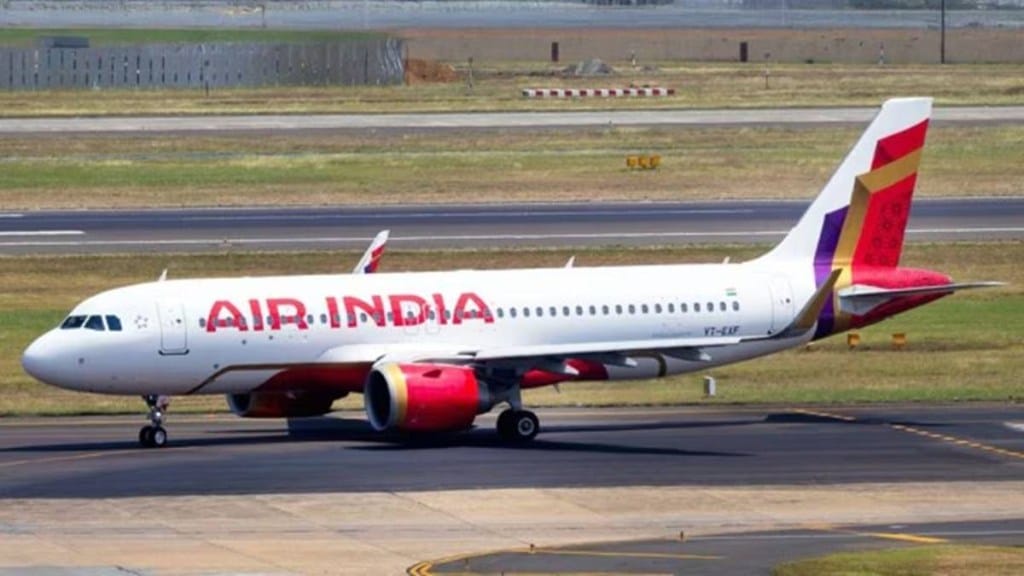After a nearly six-year hiatus, Air India on Monday announced that it will resume non-stop flight operations to China on its Delhi-Shanghai flight route from February 2026.
As per an official press release, the airline will operate the Delhi-Shanghai flight four times a week using its twin-aisle Boeing 787-8 aircraft, featuring 18 flat beds in Business Class and 238 spacious seats in Economy Class.
“The resumption of our Delhi-Shanghai services is more than a route launch. It is a bridge between two great, ancient civilisations and modern economic powerhouses,” Air India CEO and Managing Director Campbell Wilson said.
Additionally, Air India has also announced that it will introduce non-stop flights between Mumbai and Shanghai next year. The restored air links, are expected to further boost exchanges in pharmaceuticals, technology, education, and several other spheres, Air India said.
Flight resumption a thaw in India-China ties
The development came after Chinese Foreign Minister Wang Yi’s visit to Delhi in August, which led to an agreement to restart air services “at the earliest” and ease visa procedures for tourists, businesspersons, journalists, and other travellers, signalling a thaw in India-China ties.
Direct air connectivity between India and China was suspended at the onset of the COVID-19 pandemic, which halted international travel worldwide.
However, while other countries gradually restored operations, flights between India and China remained grounded due to deteriorating bilateral ties following the standoff at Galwan Valley along the Line of Actual Control (LAC) in 2020.
PM Modi’s China visit also a contributing factor
In a reset in bilateral ties, Prime Minister Narendra Modi also visited China earlier this year, for the first time in seven years, to attend a meeting of the Shanghai Cooperation Organisation (SCO) regional security bloc.
Prime Minister Modi and Chinese President Xi Jinping agreed that India and China were development partners, not rivals, and discussed ways to strengthen trade ties amid global tariff uncertainty.
